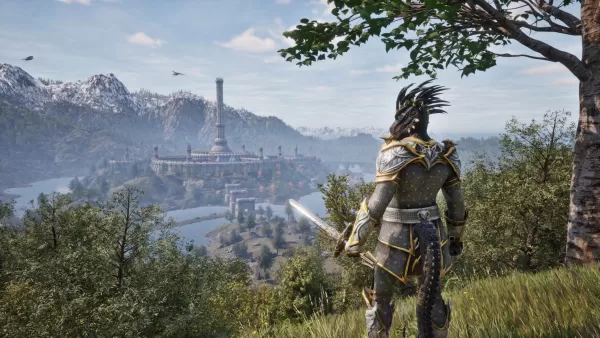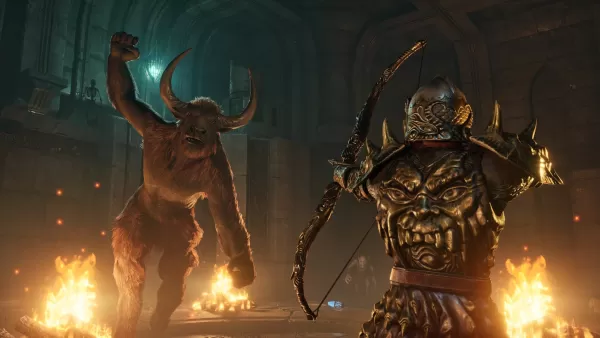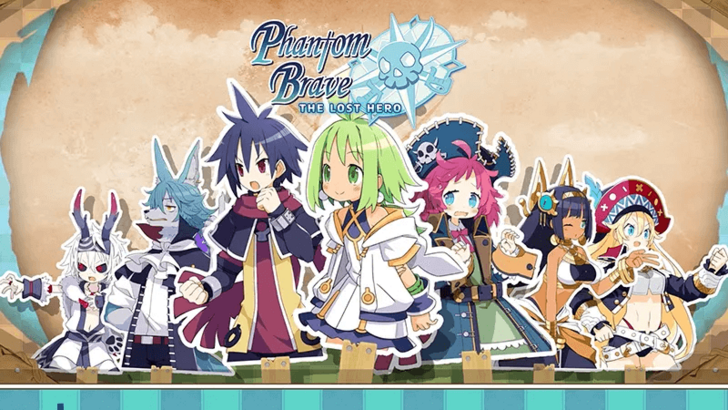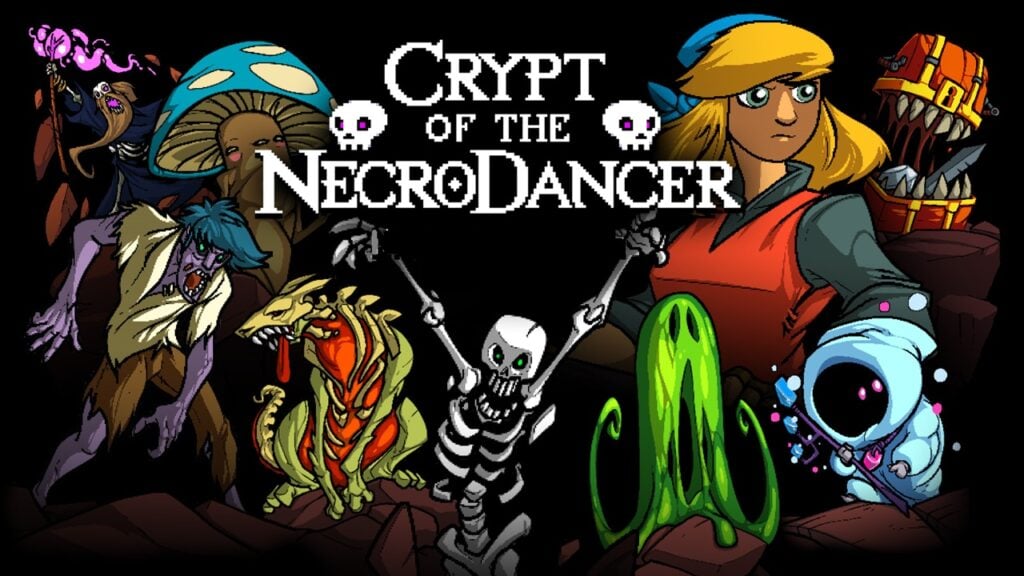By Azura, by Azura, by Azura – the rumors were true. Yesterday, Bethesda ignited the gaming community by unveiling Virtuos' remaster of The Elder Scrolls IV: Oblivion. In a surprise shadow-drop during an 'Elder Scrolls Direct', the announcement led to hundreds of thousands of concurrent players diving back into the beloved game. This moment of global excitement feels like a beacon of hope amid the recent challenges faced by Bethesda Game Studios. From the rocky launch of Fallout 76 to the lukewarm reception of their new sci-fi universe, Starfield, fans have been questioning whether Bethesda has lost its touch. With fierce competitors like Larian Studios' Baldur’s Gate 3 and Obsidian’s The Outer Worlds gaining critical acclaim, the pressure is on. While Elder Scrolls 6 and Fallout 5 are still years away, the re-release of Oblivion could be a strategic move – albeit an unexpected one.
At its zenith, Bethesda Game Studios was the undisputed titan of the RPG genre. According to Microsoft’s leaked FTC documents in 2020, Fallout 4 had sold an impressive 25 million units, with over 5 million units sold in its first week alone, as reported by VGChartz. In 2023, Todd Howard revealed that Skyrim had surpassed 60 million sales, although multiple re-releases likely contributed to this figure. In contrast, Starfield has only managed to sell just over three million units a year-and-a-half after its launch. Despite the boost from Game Pass subscribers and the absence of a PlayStation version, these numbers might be a disappointment for Bethesda. Even Starfield's dedicated fanbase has expressed dissatisfaction with its first expansion, Shattered Space.
This situation presents a significant challenge for Bethesda. With The Elder Scrolls 6 and Fallout 5 still distant dreams, how can this iconic RPG developer rekindle its relationship with its fanbase? The solution may lie in revisiting its storied past.
Rumors of the Elder Scrolls IV: Oblivion remaster surfaced in September 2023, following leaks from Microsoft documents that hinted at several unannounced Bethesda projects, including this remaster and another intriguing title. The buzz continued until January 2025 when a former Virtuos employee shared more details, sparking debates among fans reminiscent of the Stormcloaks vs. the Imperials. The dam finally burst last week, igniting the internet – Google searches for ‘The Elder Scrolls VI: Oblivion’ soared to 6.4 million, a 713% increase in the last week alone. Bethesda’s reveal livestream peaked at over half a million viewers. Despite the leaks, or perhaps because of them, over 600,000 people tuned in to witness the re-reveal of this 19-year-old classic. The overwhelming demand for the remaster caused sites like CDKeys to crash and slowed down Fanatical and Green Man Gaming. As of yesterday, Oblivion boasted 125,000 concurrent players on Steam and secured the #1 spot as the best-selling game. The enthusiasm for Oblivion among Bethesda fans is as intense as the flames pouring from the Oblivion gates.
The message from players is clear: if you (re)build it, they will come. What better way to keep fans engaged during these long development periods than to invite them back to the enchanting worlds of Morrowind or the post-apocalyptic landscapes of the East Coast? From a commercial perspective, this strategy is a no-brainer. While Bethesda's main team focuses on new, long-term projects, trusted partners like Virtuos can use existing blueprints to create remasters in a shorter timeframe. These remasters tap into games with established audiences, often serving as the first RPGs for many gamers of their generation. By restoring these classics, Bethesda not only re-engages old fans but also introduces a new generation to the wonders of Tamriel and the Fallout universe.
Bethesda has successfully leveraged its catalog before. During the first season of the Fallout TV show on Prime Video, Fallout 4 was discounted by up to 75%, accompanied by a timely next-gen update that included homages to the show. As a result, Fallout 4 sales surged by over 7,500% in Europe alone, despite being nearly a decade old.
 Oblivion Remastered offers a nostalgic journey that looks to the future. Image credit: Bethesda / Virtuos
Oblivion Remastered offers a nostalgic journey that looks to the future. Image credit: Bethesda / Virtuos
Looking back at Microsoft’s leaked Bethesda roadmap, many noted a planned Fallout 3 remaster to follow Oblivion two years later. While timelines have shifted – Oblivion was initially slated for fiscal year 2022 – if the original intervals hold, a Fallout 3 remake could be expected in 2026, coinciding with Fallout Season 2. Given the success of the first season's synergy with Fallout 4, could Bethesda be planning something even more ambitious for the New Vegas-focused second season? After shadow-dropping Oblivion, it's not out of the question that a New Vegas Remastered trailer could be waiting at the end of Fallout Season 2.
The overwhelming response to Virtuos' Oblivion remaster shows that fans are eager to revisit Bethesda's rich history. However, if there's one game in Bethesda's catalog that truly deserves a remake, it's The Elder Scrolls III: Morrowind. For years, fans have been clamoring for a remake, with some even taking matters into their own hands by recreating Morrowind using Skyrim's tools, like the Skyblivion project. Yet, Morrowind poses unique challenges for remaking. It stands at the crossroads of Bethesda's evolution, featuring a distinct design with partial voice acting, text-based storytelling, no quest markers, and simplistic combat physics. While Virtuos managed to refine some of Oblivion's systems, Morrowind is a complex web of mechanics that define its charm. Remaking it is a delicate balance – modernize too much, and you risk losing the original magic; retain too many outdated elements, and it might feel overwhelming.
When a studio becomes synonymous with a genre, the challenge is to innovate while retaining its audience. Rockstar Games has kept Grand Theft Auto players engaged for over a decade through GTA Online, funding the rumored hefty budget for GTA 6. Bethesda, on the other hand, thrives on creating detailed, expansive single-player worlds – Elder Scrolls Online and Fallout 76 don't quite capture the same essence. However, the resounding success of the Oblivion remaster proves that gamers are eager to revisit Bethesda's classic titles. Not every remaster is guaranteed success – as seen with Rockstar's GTA Definitive Editions – but for Bethesda, breathing new life into its old classics could be the key to regaining its crown in the modern RPG landscape.
 Home
Home  Navigation
Navigation






 Latest Articles
Latest Articles









 Latest Games
Latest Games












